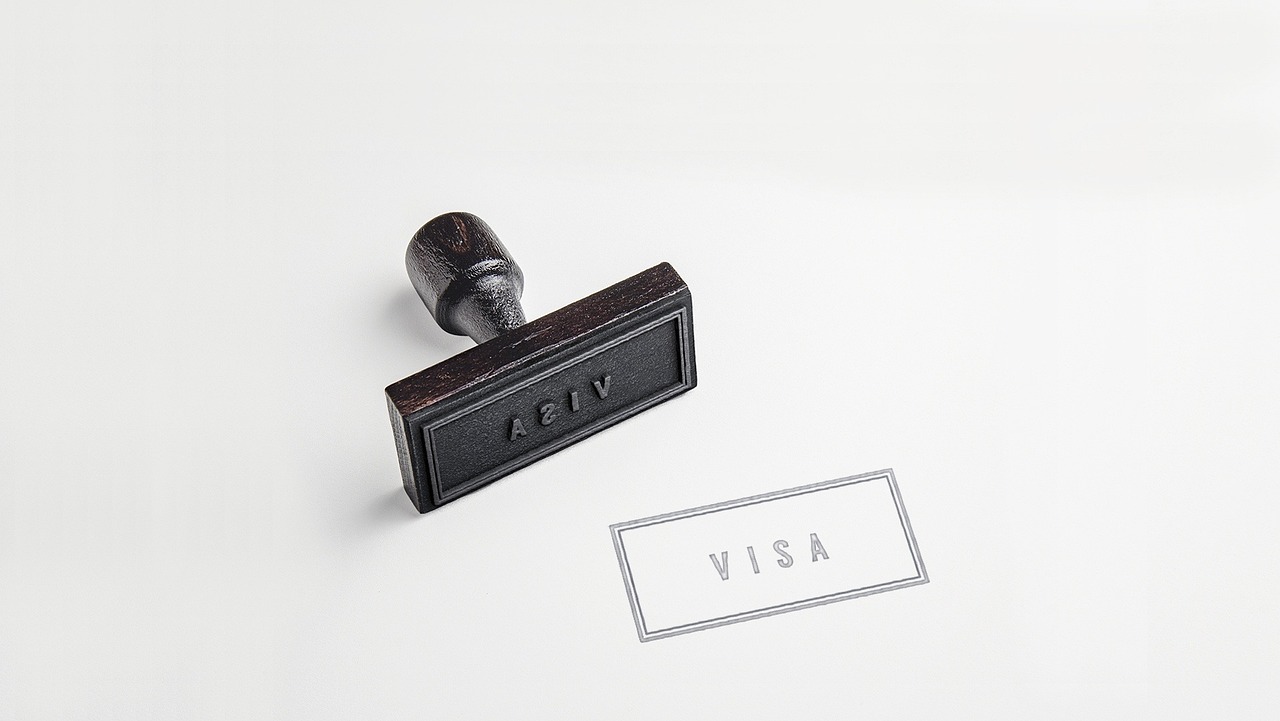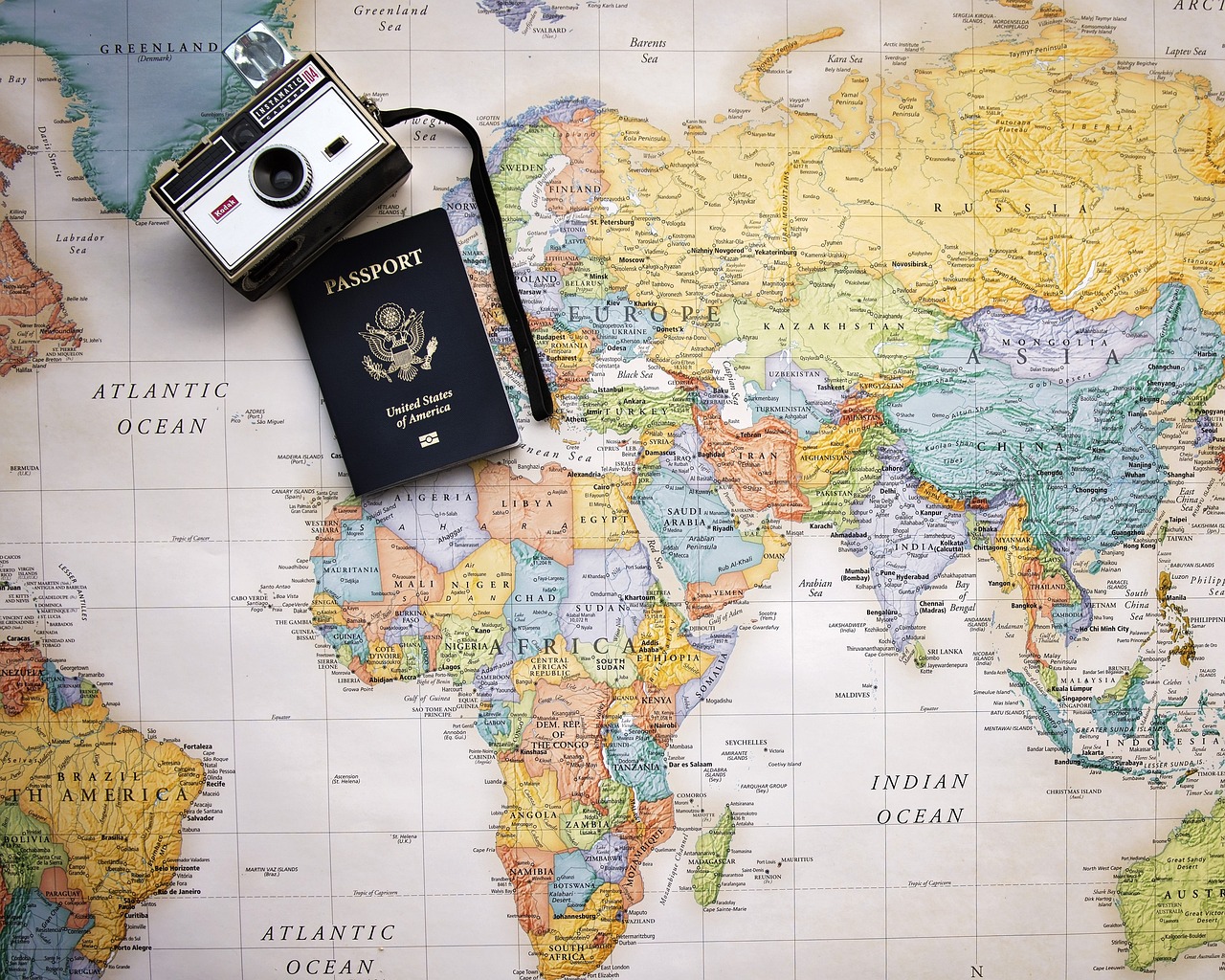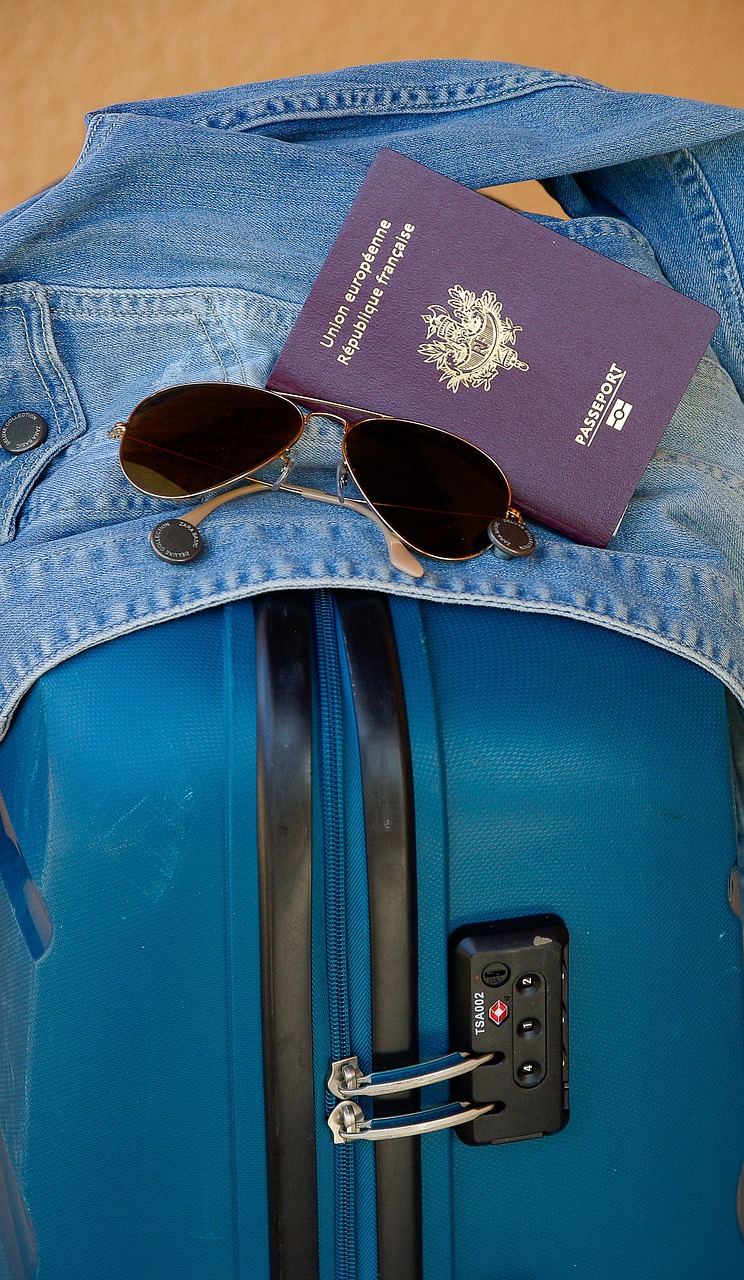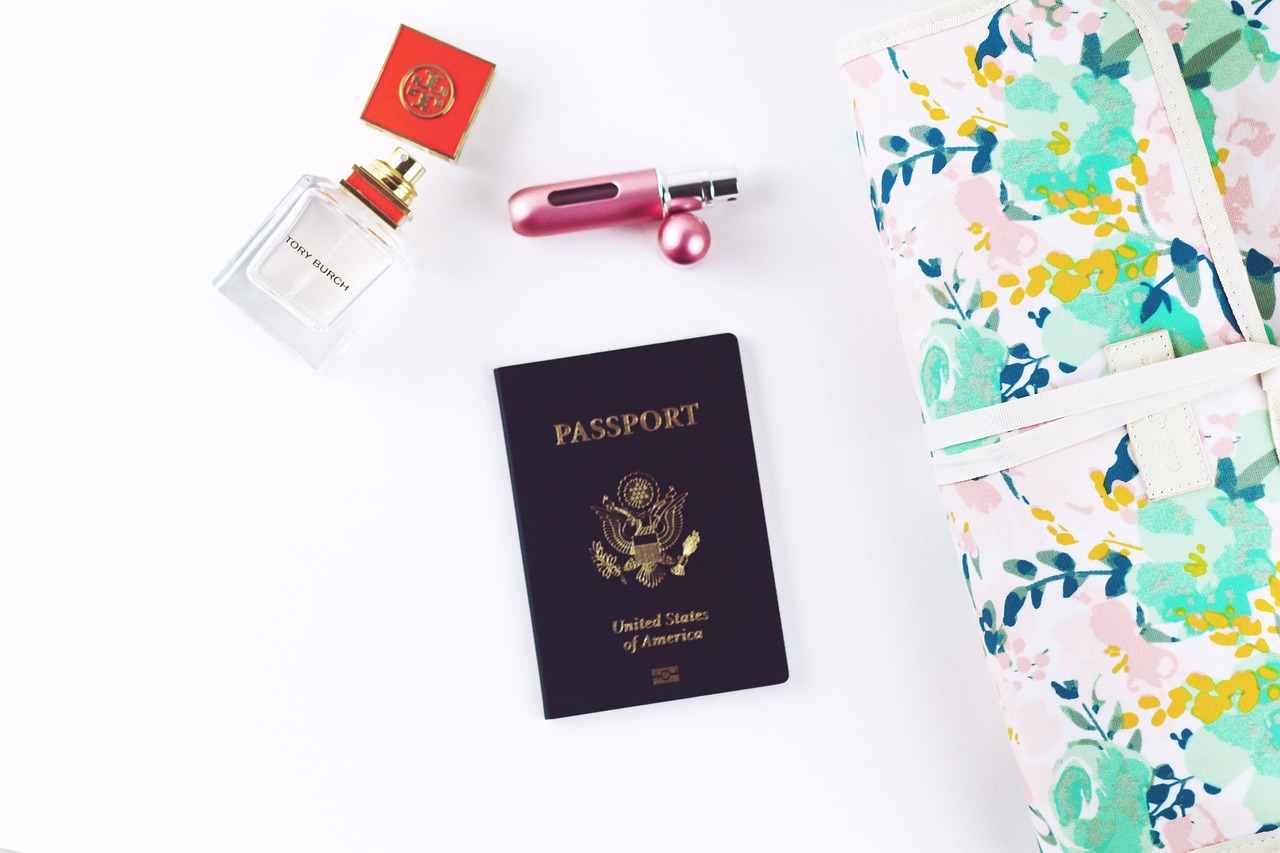„`html
Do you need a passport to go to Fiji?
Thinking about a tropical getaway to Fiji? The thought of pristine beaches, crystal-clear waters, and lush greenery is enticing, but first things first: Do you need a passport to enter Fiji? Understanding the entry requirements is crucial to ensure your trip goes smoothly. This guide will help you navigate the necessities and ensure you’re well-prepared for your Fijian adventure.

Understanding Passport Requirements for Traveling to Fiji
General Passport Requirements
To travel to Fiji, you will need a valid passport. Regardless of your nationality, a passport is a must for entry into Fiji. This applies to tourists, business travelers, and anyone else planning a visit. Ensure that your passport is in good condition and up-to-date. Damaged or expired passports can result in denied entry, which could ruin your travel plans.
Passport Validity and Visa Information
When planning your trip, keep in mind that your passport must be valid for at least six months beyond your scheduled departure date from Fiji. This is a strict requirement and applies to everyone entering the country. If you are a tourist staying less than four months, you do not need a visa. However, the visa waiver is only applicable if you are not planning to work or study during your stay. Always verify the latest visa regulations before your trip.
Special Cases and Exemptions
Certain special cases and exemptions exist, but they are few and far between. For example, Fiji has HIV/AIDS entry restrictions for visitors and foreign residents. It’s important to check with the relevant authorities if you fall under any special category that might affect your entry. Additionally, some exemptions may apply to diplomatic passport holders, but this is rare and should be confirmed with the Embassy of Fiji.

Health and Safety Information
Health Recommendations and Vaccinations
Before traveling, ensure you are up-to-date on all vaccinations recommended by the U.S. Centers for Disease Control and Prevention (CDC). This includes routine vaccines such as measles, mumps, rubella (MMR), diphtheria, tetanus, pertussis (DTaP), and others. It’s also wise to get vaccinations for hepatitis A and B, typhoid, and influenza. Always consult your healthcare provider for personalized advice.
Safety Concerns and Precautions
While Fiji is generally safe, travelers should exercise caution. Crime, including assaults and robberies, has been reported. Avoid demonstrations and large crowds as a safety measure. Female tourists should be particularly vigilant due to reported sexual assaults. Additionally, natural disasters like earthquakes and tsunamis pose risks. The rainy season in Fiji is from November to April, during which tropical cyclones can occur.
Insurance and Medical Advice
Travel insurance is highly recommended for those visiting Fiji. Ensure your insurance covers medical evacuation as healthcare facilities in Fiji may not meet the standards you are accustomed to. Most hospitals overseas do not accept U.S. health insurance, so purchasing supplemental insurance is a wise move. Always carry your prescription medication in its original packaging, along with your doctor’s prescription.

Regulations and Customs in Fiji
Customs Rules and Regulations
When entering Fiji, be aware of the customs rules and regulations. Certain items are restricted and cannot be brought into the country. This includes illegal drugs, firearms, and some food products. Familiarize yourself with the list of prohibited items to avoid any legal trouble. Always declare items that you are unsure about to the customs authorities.
Quarantine Regulations and Pet Importation
If you plan to bring a pet, make sure you understand Fiji’s quarantine regulations. Pets must meet specific health requirements and might need to undergo a quarantine period. This is to prevent the introduction of diseases into the country. Consult with Fiji’s biosecurity authority for detailed information and necessary paperwork.
Currency and Financial Information
The currency in Fiji is the Fijian dollar (FJD). It’s advisable to carry some local currency for small transactions as credit cards may not be accepted everywhere. ATMs are available in major towns and cities, but it’s wise to have cash on hand for remote areas. Be aware of the exchange rates and any fees associated with currency conversion.

Travel Warnings and Advisories
U.S. Department of State Travel Warnings
The U.S. Department of State provides travel warnings and advisories for U.S. citizens traveling to Fiji. These advisories cover a range of issues, including safety, health, and security concerns. Always check the latest travel warnings before your trip. Staying informed can help you avoid potential risks and ensure a safe journey.
Local Laws and Penalties
It’s crucial to be aware of local laws and penalties in Fiji. Violating local laws, even unknowingly, can result in severe consequences. The constitution of Fiji prohibits discrimination based on sexual orientation, gender, and gender identity. However, certain behaviors that are legal in your home country may be illegal in Fiji. Always respect local customs and laws.
Natural Disasters and Climate Information
Fiji is prone to natural disasters such as earthquakes, tsunamis, and tropical cyclones. The rainy season runs from November to April. During this time, the risk of tropical cyclones is higher. Always stay informed about the weather conditions and have an emergency plan in place. Knowing the local climate can help you prepare better for your trip.

Support and Assistance for Travelers
Embassy and Diplomatic Support
For U.S. citizens, the U.S. Embassy Suva is located at 158 Princes Rd, Tamavua, Suva, Fiji Islands. The embassy provides support and assistance in case of emergencies. It’s always a good idea to know the location and contact details of your country’s embassy. The Embassy of the Republic of Fiji also provides assistance to its citizens abroad.
Medical and Emergency Assistance
In case of medical emergencies, seek immediate attention at the nearest hospital. Travelers are advised to have health insurance that covers medical treatment overseas. The Department of State does not pay medical bills, so having adequate insurance is essential. Always carry emergency contact numbers and know the nearest medical facilities in your area.
Reporting Crimes and Seeking Help
If you become a victim of a crime, report it to the local police immediately. Seek help from your embassy if necessary. It’s important to be aware of your surroundings and take precautions to stay safe. In case of any issues, the local authorities and your embassy are there to assist you.
| Information | Description |
|---|---|
| Passport Requirement | A passport is necessary for entry into Fiji. |
| Passport Validity | Passport must be valid for at least six months beyond departure. |
| Visa Information | No visa required for tourists staying less than four months. |
| Health Recommendations | Up-to-date vaccinations as recommended by CDC. |
| Travel Insurance | Highly recommended to cover medical evacuation. |
| Customs Regulations | Be aware of restricted items and declare uncertain items. |
| Local Laws | Respect local customs and laws to avoid penalties. |
| Natural Disasters | Be prepared for earthquakes, tsunamis, and cyclones, especially during the rainy season. |
| Embassy Support | U.S. Embassy Suva provides assistance to U.S. citizens. |
| Emergency Assistance | Seek immediate medical attention if needed and have proper insurance. |
„`
